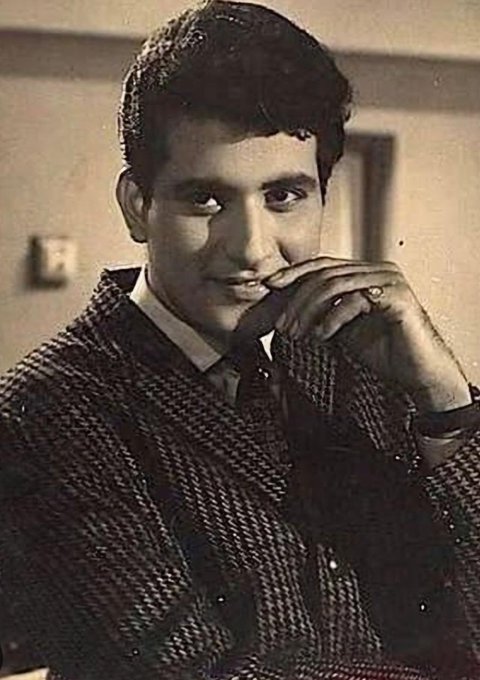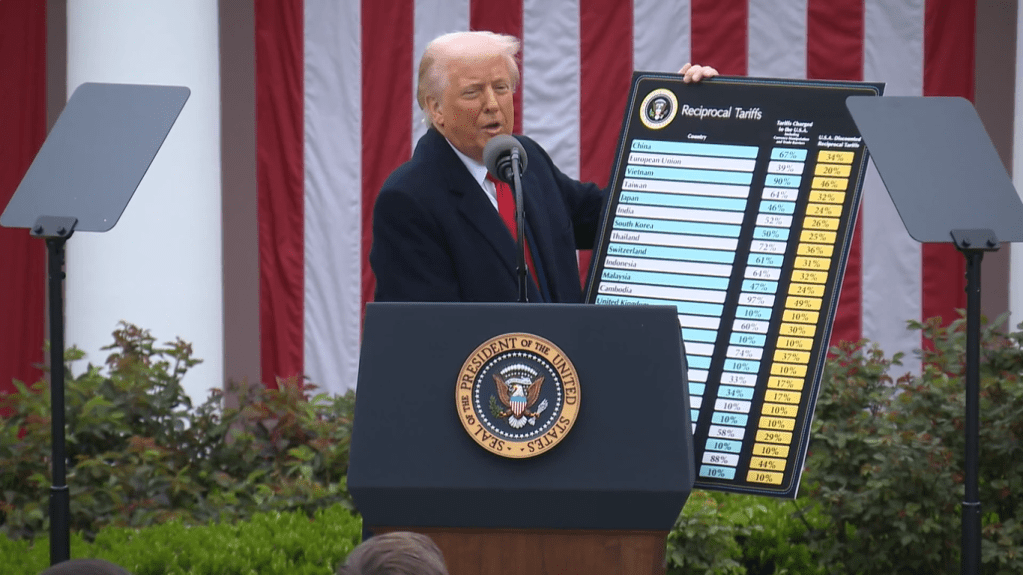The world of Bollywood was cloaked in grief on April 4, 2025, as the news of Manoj Kumar’s death spread like wildfire. Manoj Kumar, the legendary actor Manoj Kumar, passed away at the age of 87, leaving behind a legacy that will forever resonate in the heart of Indian cinema. Known affectionately as Bharat Kumar, Manoj Kumar was more than just a star—he was a symbol of patriotism, a storyteller who brought the spirit of India to life through his Hindi films. The Manoj Kumar death news has left fans, colleagues, and admirers in deep sorrow, marking the end of an era for Bollywood. Today, I want to take a moment to reflect on the life, career, and enduring impact of ManojKumar, whose contributions to cinema continue to inspire generations.
I still remember watching Manoj Kumar movies like Upkar with my family on a grainy television screen. The song “Mere Desh Ki Dharti” would play, and I’d feel an overwhelming sense of pride for my country. That was the magic of actor Manoj Kumar—he didn’t just act; he made you feel the heartbeat of India. As we mourn Manoj Kumar died on this somber Manoj Kumar death date, let’s celebrate the incredible journey of a man who redefined patriotic cinema.
From Abbottabad to Bollywood: The Early Life of Manoj Kumar
Born Harikrishan Giri Goswami on July 24, 1937, in Abbottabad (a town in what was then British India’s North-West Frontier Province, now in Pakistan), Manoj Kumar age at the time of his passing was 87. His early life was marked by the upheaval of the Partition, forcing his Punjabi Hindu Brahmin family to migrate to Delhi when he was just 10 years old. The struggles of displacement and the fervor of a newly independent India would later become central themes in his work.
Manoj pursued a Bachelor of Arts degree from Hindu College in Delhi, but his heart was set on the silver screen. Inspired by the legendary Dilip Kumar, he adopted the screen name Manoj Kumar and began his journey in Bollywood. His admiration for Dilip Kumar wasn’t just professional—it was personal, as he chose his stage name as a tribute to the iconic actor. Little did he know that he would go on to carve his own unique legacy as Bharat Kumar, a name synonymous with patriotism in Hindi film.
A Cinematic Odyssey: Manoj Kumar Movies That Defined an Era
Manoj Kumar movies are a treasure trove of emotion, patriotism, and social commentary. Over a career spanning four decades, he acted in, directed, and produced some of the most iconic films in Bollywood. Here’s a look at some of his most memorable works that made actor Manoj Kumar a household name:
- Shaheed (1965): This patriotic drama about revolutionary Bhagat Singh was a turning point for Manoj Kumar. It earned critical acclaim and the admiration of then-Prime Minister Lal Bahadur Shastri, cementing his image as a champion of national pride.
- Himalay Ki God Mein (1965): A romantic drama that became a blockbuster, this film showcased Manoj Kumar’s ability to blend emotional depth with mass appeal.
- Gumnaam (1965): A gripping mystery thriller, Gumnaam highlighted his versatility as he anchored the film’s suspenseful narrative.
- Upkar (1967): Perhaps the most iconic of Manoj Kumar movies, Upkar was his directorial debut and a cultural milestone. With its famous “Bharat” monologue and the song “Mere Desh Ki Dharti,” the film paid tribute to India’s farmers and soldiers. It won him a National Film Award and remains a staple during Republic Day celebrations.
- Purab Aur Paschim (1970): This film, exploring the clash between Eastern and Western values, was a massive hit both in India and abroad. In the UK, it ran for over 50 weeks in London, breaking box office records at the time. It solidified Manoj Kumar as Bharat Kumar, a title that reflected his deep-rooted love for India.
- Roti Kapda Aur Makaan (1974): A socially relevant drama addressing poverty and inequality, this film was a blockbuster and a testament to his ability to tackle pressing issues through cinema.
- Kranti (1981): A grand historical epic, Kranti was a roaring success, showcasing Manoj Kumar’s prowess as both an actor and co-director. It remains a benchmark for patriotic Hindi films.
- Woh Kaun Thi? (1964): A haunting thriller with unforgettable melodies, this film saw Manoj Kumar as a bewildered hero, perfectly complementing the spectral mystery.
- Neel Kamal (1968): A romantic drama with elements of reincarnation, this film highlighted his ability to ground supernatural themes in emotional realism.
- Patthar Ke Sanam (1967): A tale of love and betrayal, this melodrama showcased Manoj Kumar’s brooding intensity as a romantic lead.
Other notable films include Do Badan (1966), Sawan Ki Ghata (1966), Pehchan (1970), Yaadgaar (1970), and Mera Naam Joker (1970), where he played a supporting role in Raj Kapoor’s cult classic. Manoj Kumar worked with stalwarts like Prem Nath, Pran, Prem Chopra, Kamini Kaushal, and Hema Malini, and shared close friendships with industry legends like Dilip Kumar, Raj Kapoor, and Dharmendra.
A Family Man at Heart: Manoj Kumar’s Personal Life
Behind the larger-than-life persona of actor Manoj Kumar was a devoted family man. He was married to Shashi Goswami, and the couple had two sons, Vishal and Kunal Goswami. Vishal later ventured into film production, while Kunal Goswami tried his hand at acting. Despite his fame, Manoj Kumar remained a private individual, often shying away from the spotlight. He once turned down offers for biographies, saying, “I’ll be exposing others if I write about my life,” a reflection of his humility and desire to keep the focus on his work.
His family’s journey was deeply intertwined with his career. Ajay Devgn shared a touching tribute, noting how Manoj Kumar gave his father, Veeru Devgan, his first break as an action director in Roti Kapda Aur Makaan. Their collaboration continued through films like Kranti, creating moments that are now part of Bollywood’s golden history. Ajay wrote, “Manoj ji’s films weren’t just films… they were national emotions. His creative genius, unwavering patriotism, and storytelling depth set a benchmark that very few have matched.”
Kunal Goswami, in a statement following his father’s passing, shared that Manoj Kumar had been bedridden for the past few years, battling multiple health complications. “He is out of his misery now,” Kunal said, confirming that the cremation would take place on April 5, 2025.
A Legacy of Patriotism: Manoj Kumar’s Impact on Hindi Film
Manoj Kumar’s contributions to Hindi film earned him the nickname Bharat Kumar, a title that encapsulated his unwavering commitment to patriotic themes. His films weren’t just entertainment; they were statements of identity, nationhood, and human struggle. He made patriotism cinematic without noise and nationalism poetic without apology, as filmmaker Vivek Agnihotri beautifully put it. “In a time of borrowed voices and secondhand aesthetics, he dared to be rooted,” Vivek added, capturing the essence of Manoj Kumar’s vision.
His accolades reflect his immense impact. He was honored with the Padma Shri in 1992 and the Dadasaheb Phalke Award in 2015, the highest award in Indian cinema, for his contributions to the arts. He also received a National Film Award and seven Filmfare Awards, including the Filmfare Lifetime Achievement Award in 1999. In 2008, the Government of Madhya Pradesh instituted a Rs 100,000 award in his name, and in 2011, the Shri Saibaba Sansthan Trust in Shirdi renamed a road “Manojkumar Goswami Road” in recognition of his devotion to Shri Sai Baba.
Prime Minister Narendra Modi expressed his grief, saying, “Manoj Ji’s works ignited a spirit of national pride and will continue to inspire generations.” The President of India echoed this sentiment, noting that his portrayals of national heroes, farmers, and soldiers would remain etched in our collective memory. Akshay Kumar, another Bollywood star inspired by Manoj Kumar, shared, “I grew up learning from him that there’s no emotion like love and pride for our country. Such a fine person, and one of the biggest assets of our fraternity.”
The End of an Era: Reflecting on Manoj Kumar’s Death
The Manoj Kumar news of his passing sent shockwaves through Bollywood and beyond. Fans and admirers shared their grief, with many calling Manoj Kumar died the “end of an era of true patriotism.” One fan wrote, “A heartfelt tribute to Manoj Kumar, whose patriotic films like Purab Aur Paschim inspired generations.” Another shared, “He will be remembered a lot for making patriotic movies and also for his songs.” The sentiment of “Om Shanti” echoed across countless tributes, reflecting the deep respect and love people had for him.
Manoj Kumar’s cousin, Manish R Goswami, summed up the collective sentiment: “This is sad news for the entire country. The era of making movies on patriotism has ended today.” Filmmaker Ashoke Pandit called him the “lion of the Indian film industry,” a fitting description for a man whose roar of nationalism resonated through his films.
As his mortal remains lay in state at his Juhu residence for friends, colleagues, and admirers to pay their final respects, I couldn’t help but think of the countless lives he touched. The Manoj Kumar death date, April 4, 2025, will forever be a day of mourning for Bollywood, but his legacy will never fade. Manoj Kumar movies will continue to inspire, his songs will continue to stir our hearts, and his spirit of patriotism will forever remind us of the power of Hindi film to unite and uplift.
To Manoj Kumar, the man who made us proud to be Indian—thank you for the memories, the lessons, and the love. Your hand may have covered your face in your iconic pose, but your light will never dim. Om Shanti.


